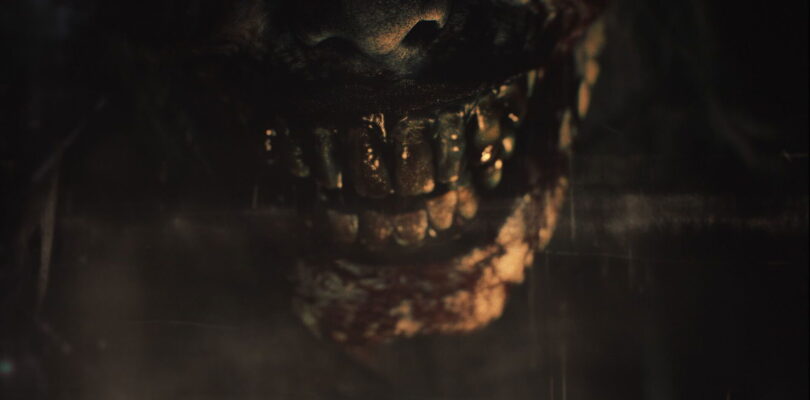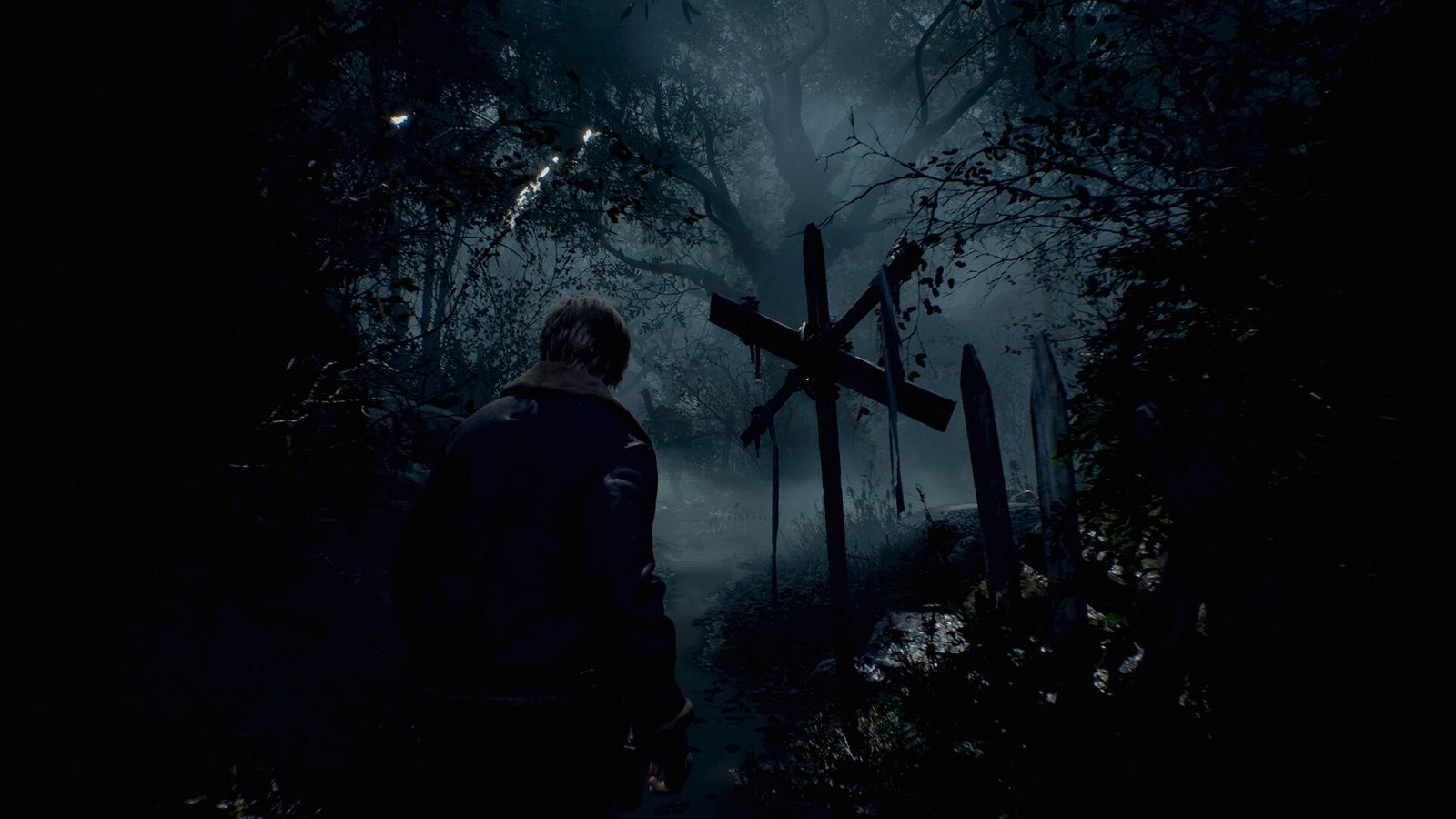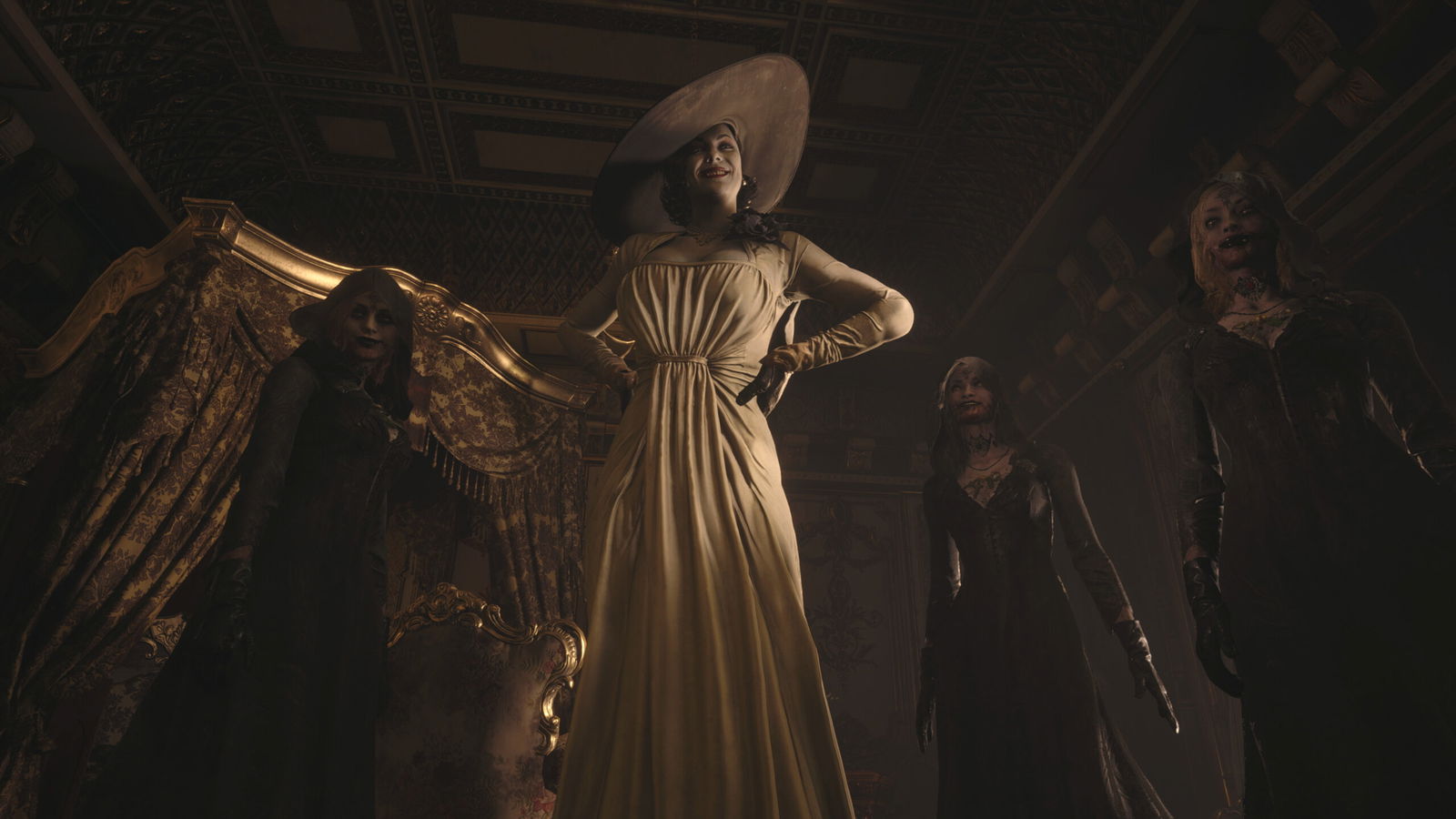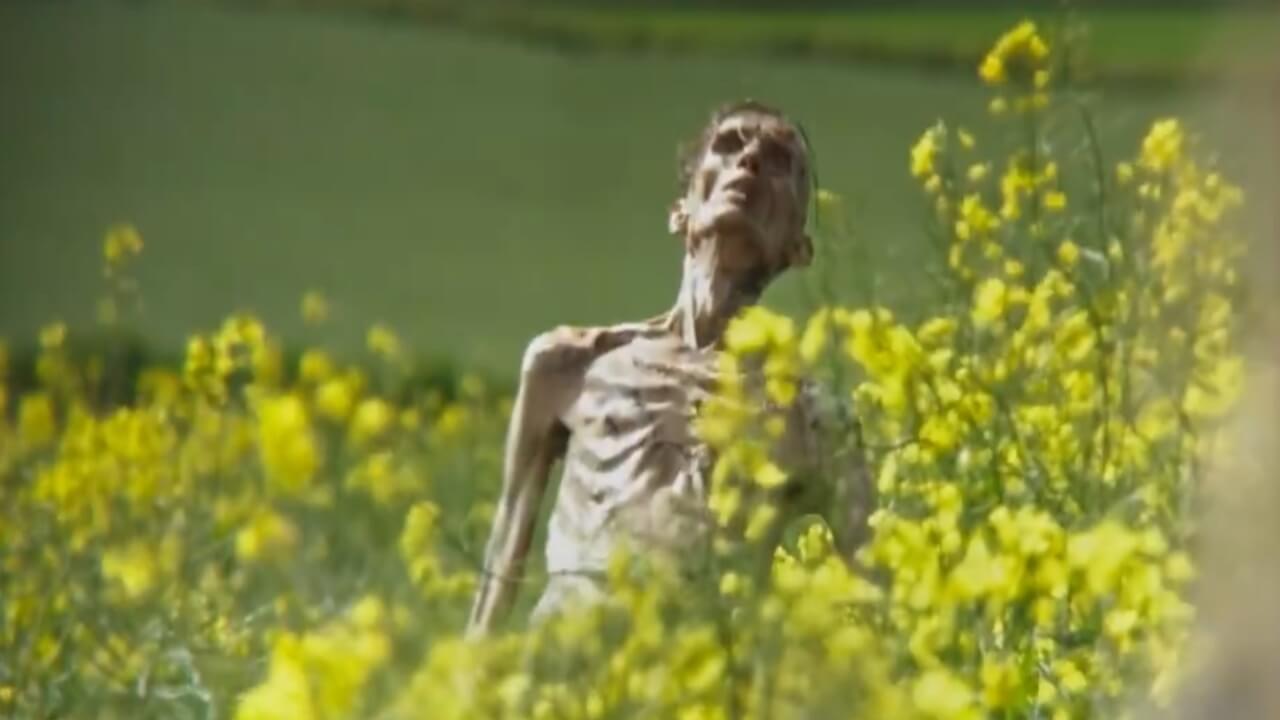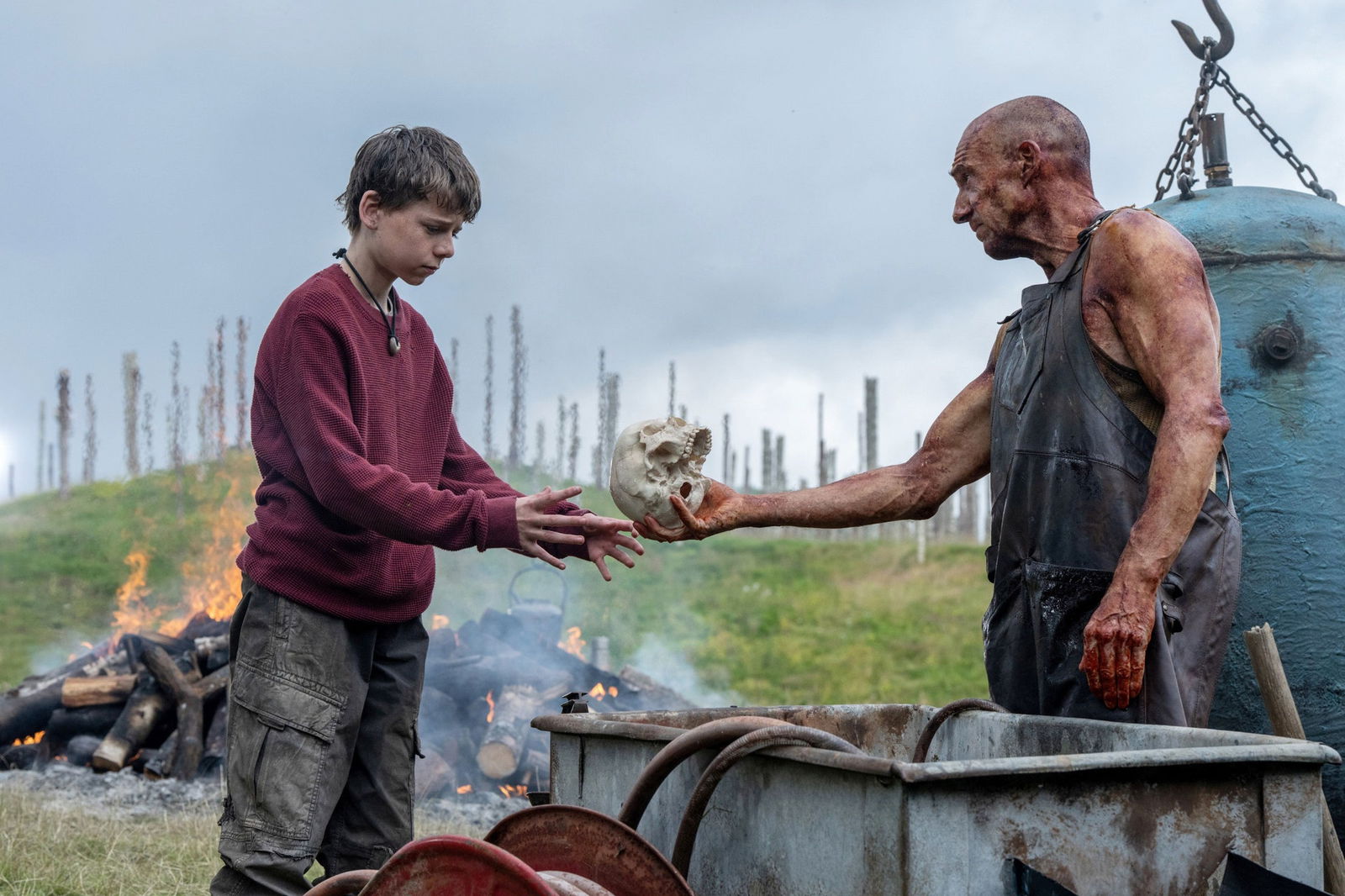If you were to debate the revival of zombie horror in the 21st century with fans of film, there’s one particular movie that would come up. The zombie horror genre was transformed when Alex Garland’s 28 Days Later hit theaters in 2002. But according to Garland himself, the credit doesn’t just go to 28 Days Later or himself.
Instead, the writer-director points to a video game that hit PlayStation consoles six years before his movie changed the film industry. Capcom’s Resident Evil. We all know how good the Resident Evil games were and their impact on the gaming industry, but did you know about their impact on the industry?
Alex Garland was inspired by the GOAT zombie franchise
In a 2015 interview with HuffPost reflecting on his career, Alex Garland admitted he never set out to “reinvent” zombies with 28 Days Later. He was very clear about where his inspiration came from. While it’s been a popular belief for years that 28 Days Later brought the zombie horror back, Garland insists that his screenplay was inspired years earlier by Resident Evil, the 1996 survival horror classic.
Sometimes 28 Days Later is credited with reviving the zombie genre in some respect, but actually, I think it was Resident Evil that did it because I remember playing Resident Evil, having not really encountered zombies for quite a while, and thinking: oh, my god, I love zombies! I’d forgotten how much I love zombies. These are awesome!
Garland talked about how he hadn’t thought much about zombies since his teenage years, before writing 28 Days Later. That changed when Resident Evil landed on the original PlayStation. For him, the game reignited a love for the undead that had quietly faded since he’d first been scared stiff by Romero’s Night of the Living Dead on a neighbor’s VCR as a kid.
Before Resident Evil hit Sony’s first PlayStation console, the popularity of zombies in pop culture had died down a bit. George Romero’s work had already set the groundwork for undead horror back in the late ‘60s and ‘70s. But by the mid-90s, the genre felt like it wasn’t going to last much longer. Resident Evil changed that overnight, and we couldn’t be more grateful.
The success of Resident Evil had us lining up to experience the new and terrifying experiences in our living rooms. From exploring dimly lit hallways to the jump scares that have now become iconic, Resident Evil reminded both players and filmmakers of how much potential zombie projects have when handled with the right balance of tension and gore.
The zombie horror genre is in the best place ever
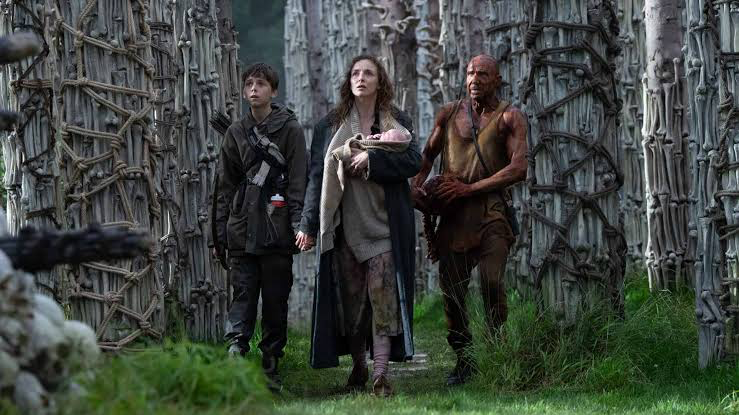
It’s worth noting that 28 Days Later didn’t just copy its predecessors. Boyle and Garland made crucial changes that cemented their place as a modern horror classic. For one, Garland didn’t care about the endless debates over whether his monsters were “real zombies” or infected humans. To him, the point was the same. They were tools for exploring how society fractures when fear becomes viral. And we got to see exactly that.
But behind all of this was the simple fact that Garland loved zombies. And that love had been amplified by a PlayStation game featuring locked doors, limited ammo, and crazy horrors waiting for us off-screen. In this way, Resident Evil didn’t just revive the zombie horror genre for Garland; it inspired him to do so much more.
Today, the zombie genre is bigger than it’s ever been, and Garland is still at the front of it. 28 Years Later just came out this past weekend, and is already being highly rated by critics and fans. But where would we be without Resident Evil to lead the way? Guess we’ll never know.

